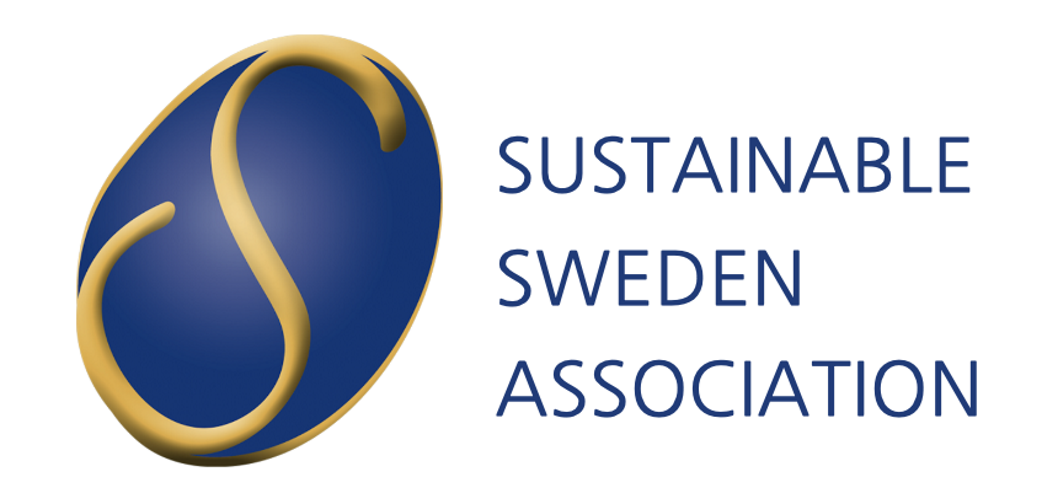On the 2nd of March 2016, a workshop was held in Addis Ababa and Arba Minch (Ethiopia) by Sustainable Sweden Association (SSA) and Sustainable Sweden Development Ethiopia (SSDE). A total of 26 participants from different organizations and parts of the country attended to this workshop which was dedicated to assessing SSDE’s work in 2015/2016. This meeting was especially important as it coincides with the second Growth and Transformation Plan that includes sustainable objectives and puts an emphasis on the development of rural areas.
Since the first workshop that was held in January 2015 to introduce SSDE’s work to the Ethiopian Eco-municipality network, more than a year had passed, and it was time to re-evaluate the work that had been done in Ethiopia.
The participants were representatives from :
- Ethiopian Ministry of Urban Development and Housing (MUDHo) (7 participants)
- Ethiopian Ministry of Health (MOH) (1 participant)
- Ethiopian Tourism Organization (ETO) (1 participant)
- Federal Technical and Vocational Education and Training Agency (FTVETA) (1 participant)
- Ethiopian Ministry of Environment, Forestry and Climate Change (MoEFCC) (1 participant)
- Adaba Town and Mada Walabu University (3 participants)
- Dodola Town and Adama University (respectively 1 and 3 participants)
- Woldia University (1 participant)
Mr. Zemede Tefera, Head of the bureau of the Urban Development and Housing, gave a short presentation of the tasks that were expected from the participants. It was followed by a short speech by Adane Negash, who talked about the current state of SSDE and its actions, and determined which projects needed to be given priority. Kenneth Gyllenstig, coordinator of SEKOM then summed up the experiences of the Swedish eco-municipalities, and what they could share with Ethiopia. Finally, Torbjörn Lahti, chairman of SSAE concluded with a summary of the list of organizations that were taking part in the process.
During the question sessions, many issues were raised. Amongst these were questions about :
- SSDE’s preparation to handle the project
- Sources of financing
- Compatibility with the Growth and Transformation Plan
- Criteria to determine which cities will participate in the project
- How will the network actors cooperate
It was then decided that an agreement would be signed upon agreeing on the details of the project. A steering committee was also to be established in order to conduct the project. It would include members from Ethiopian Ministry of Urban Development and Housing (MUDHo), FTVET, Ethiopian Ministry of Education (MOE),Ethiopian Ministry of Environment, Forestry and Climate Change (MoEFCC), Ethiopian Ministry of Culture and Tourism (MOCT), and SSDE.
Other issues that were tackled during this workshop included the study tour in Sweden in which four selected Ethiopian municipalities will participate. We discussed budget costs for the Tour, and criteria to determine which of the cities needed the most training.
The creation of a training centre in Mekelle supervised by Mr. Adane Negash was also agreed upon.

